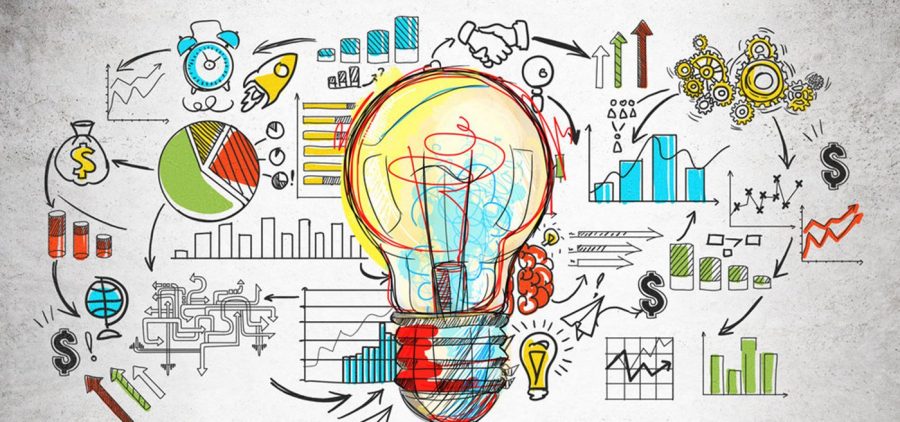According to Polanyi, the economic process in an embedded economy was difficult to discern because the actions of production and distribution were not being performed for the same economic goals that they would be today. Through Margaret Mead, Polanyi uses examples from the Arapesh society to explain the concept of the embedded economy. He determines that because the citizens did not see hunting and gathering as a means of monetary gain, the economic process occurred unnoticed in social, rather than economic, institutions. For example, Margaret Mead explains the relationship between a hunter’s prey and his food. After killing an animal it is customary in Arapesh society to give the meat of the animal as a gift to another citizen rather than keep it for one’s self. As a result, the society is unconsciously engaging in production, distribution, and exchange. It is because of social customs and institutions like these that prevent the overall economic process from ascending into conscious thought.
In Polanyi’s opinion, the people in an embedded economy such as that of the Arapesh are not solely interested in a purely animalistic survival. He believes that societies such as these impose a large emphasis on kinship relations and brotherhood upon citizens. For example, an Arapesh citizen’s survival and livelihood has developed through customs to come to rely upon the charity and generosity of kinsmen and neighbors for nearly all essential items like food, housing, and spears. In Arapesh society, a man who keeps the fruits of his own labor rather than giving them to another is seen to be morally and mentally corrupt. Therefore, a citizen’s central focus is to maintain mutual relationships with his acquaintances in order to continue to receive the things he needs. Although each act of giving has many different economic constituents behind it, Polanyi argues that the driving forces of brotherhood and kinship relations in the embedded Arapesh economy prevent the people from becoming aware of what is occurring.
The disembedded economy, on the other hand, lends a sharp contrast to the Arapesh society and the typical embedded economy. In Polanyi’s view, there are several key differences between the two. First, there exist specific economic institutions, motives, and laws that characterize the disembedded economy that the people are consciously aware of. Second, a free market exists that is self-regulating and subject to the laws of supply and demand. Lastly, Polanyi points out that the Arapesh concepts of brotherhood and kinship relations are nonexistent and believes that there are no other motives for partaking in the disembedded economic system than desire for monetary gain and fear of poverty. In a disembedded economy, the focus of social institutions and interactions shifts inward towards the individual and away from assisting other citizens. Because economic activity can be knowingly engaged in through the process of selling or purchasing, it plays a much more significant role in the everyday lives of citizens living in a disembedded economy.
In Arapesh society, the giving and receiving of gifts is not done in the typical sense that one thinks of in an exchange, but is an exchange nonetheless. For example, when a farmer harvests his field he may produce enough corn to share with his entire community. However, each receiver of corn may not have something to give back to the farmer in return at the time of the exchange. Although the farmer may not receive his reciprocal gift immediately, he is assured by the customs of his society that a gift will indeed come his way at some point in the future from each person or family that received a portion of his harvest. Because the farmer is assured of receiving a gift in return, this is indeed a legitimate form of mutual, promissory exchange.
Exchange in modern society is fundamentally different from that of the Arapesh in that it relies solely on monetary and capitalist exchange. The Arapesh had no concept of production as a means to economic gains and no had emphasis placed upon accumulation of wealth. Whereas the Arapesh valued the ideas of brotherhood and kinship giving, modern society today values the concept of private enterprise and rejects the idea of mutual reciprocity in favor of purely capitalistic ideals. Self-interest drives the modern disembedded economy and lays the groundwork for all exchange between citizens.
Source:
- https://en.wikipedia.org/wiki/Karl_Polanyi
- http://www.studymode.com/essays/Economy-In-An-Arapesh-Society-421073.html
- https://jitterymonks.com/jittery-monks-blog/
